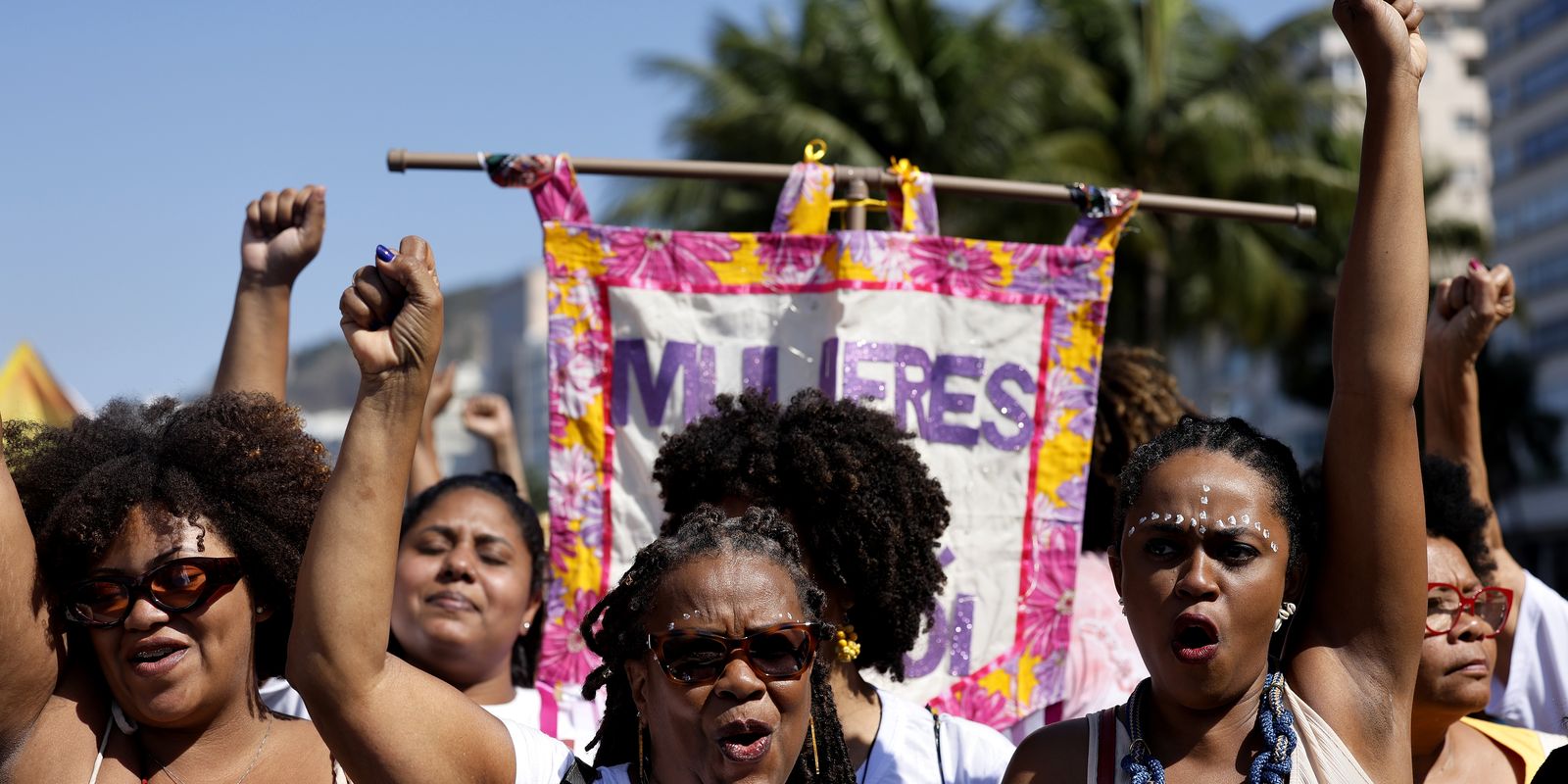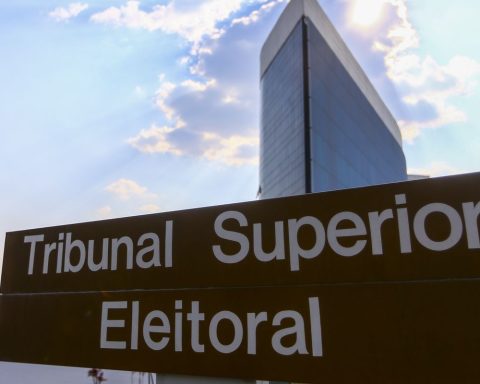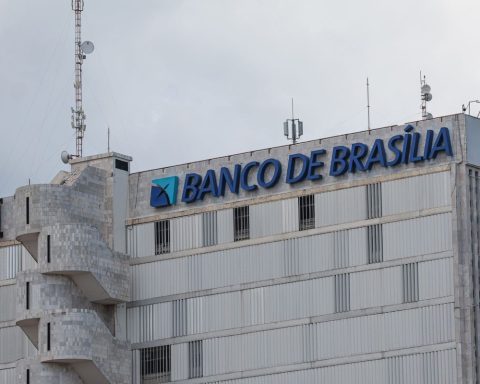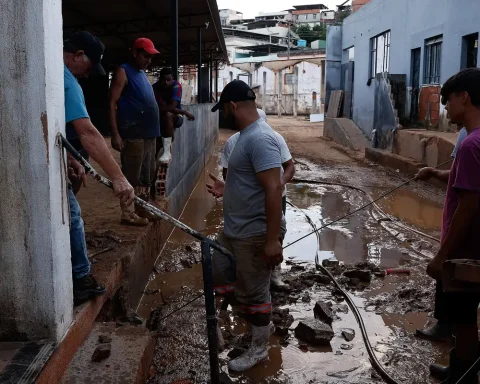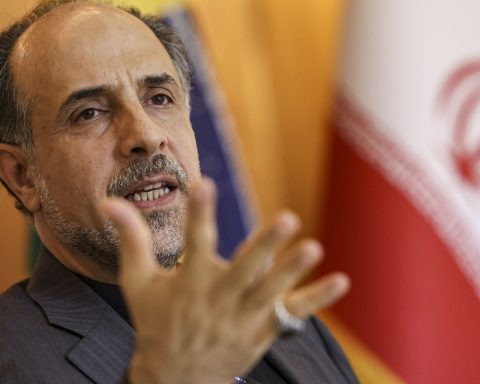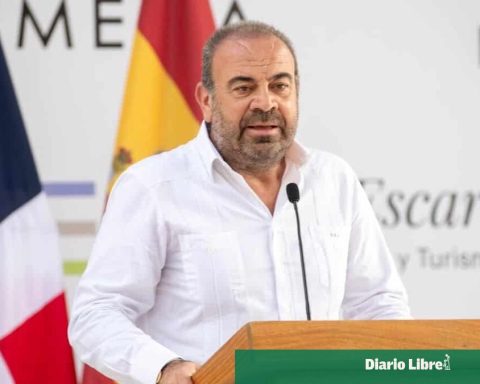Brazil could have a 30% larger economy if it were less unequal and if black people, who represent 52% of the population, had the same opportunities as white people, such as studying for more years, occupying better jobs, having access to credit to undertake and living in better material conditions.
The diagnosis is shared by researchers, activists, representatives of international organizations, technicians and government leaders who participated in the seminar Economic Empowerment of the Afro-descendant Population, held this Monday (9) at the headquarters in Brasília of the Institute of Applied Economic Research (Ipea).
“Economic empowerment of the black population is not an option, it is a necessity. If we don’t do this, we will not become a developed country,” said the institute’s president, Luciana Mendes Santos Servo.
“If we don’t make effective investments so that this population sees itself as a possibility for the future, we won’t generate the development we need. It won’t generate an increase in productivity, it won’t generate a gain in gross domestic product,” he added.
The Socio-Environmental Director of the National Bank for Economic and Social Development (BNDES), Tereza Campello, also considers the inequality that excludes a large part of the black population “an obstacle to the country’s growth”.
For her, the issue goes beyond historical reparations. “If Brazil does not overcome its brutal inequality, we will not be able to transform our own economy.”
“From the point of view of consumption, we are losing the possibility of improving our domestic market. From the point of view of capabilities and potential, what we are losing in terms of innovation, work capacity, and creative capacity, is a huge loss,” he lamented.
Loss of consumption
According to Ana Carolina Querino, deputy representative of UN Women in Brazil, inequality and exclusion hinder capitalism in Brazil. “How can we think about capitalism based on its principles of profit, if we don’t look at who can generate this profit, who can consume based on this profit?”
Carolina Almeida, international advisor for the NGO Geledés – Instituto da Mulher Negra, believes that institutional racism in Brazil functions as an “exploitation strategy” that “favors and privileges some and takes advantage of another part of the population.”
From his point of view, it is necessary to think about public policies for income generation. “We do not want entrepreneurship for survival, which is already happening, we do not want entrepreneurship that comes from a precarious situation and that serves to support the entrepreneur for a month. We want sustainable entrepreneurship, we also want sustainable development.”
“If we don’t solve the racial problem, we won’t realize Brazil’s immense economic potential,” said José Henriques Júnior, an economist at the Ministry of Finance and coordinator of the G20 Finance Track. For him, multilateral and development banks, such as BNDES, “have a role in leveraging public policies.”
Luciana Mendes, from Ipea, believes that it is still a “challenge” for the country to realize that “discrimination is harmful not only to those who suffer directly from it, but also to society as a whole.” For her, understanding is necessary so that the issue of empowering the black population becomes a “central agenda.”
